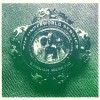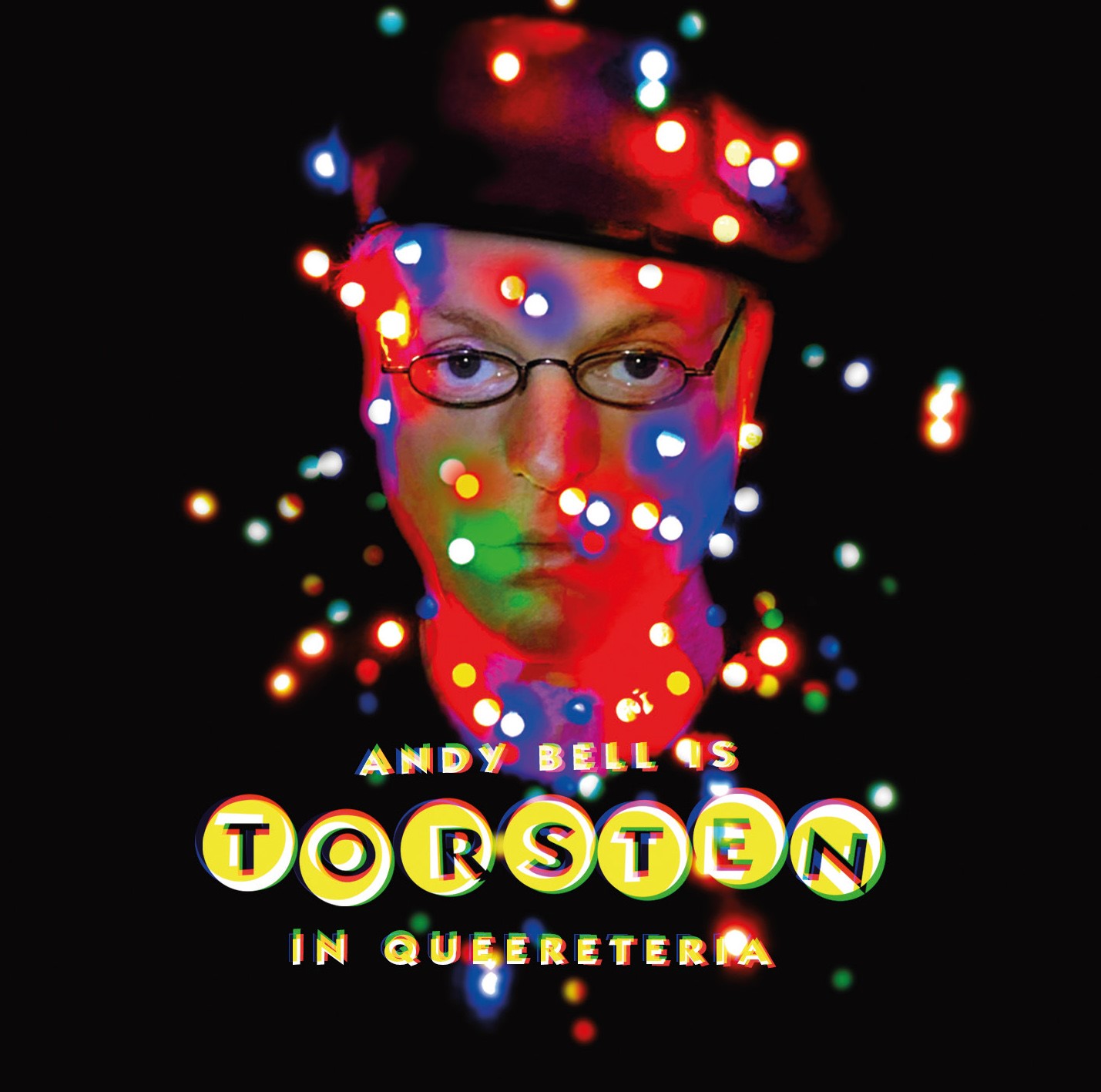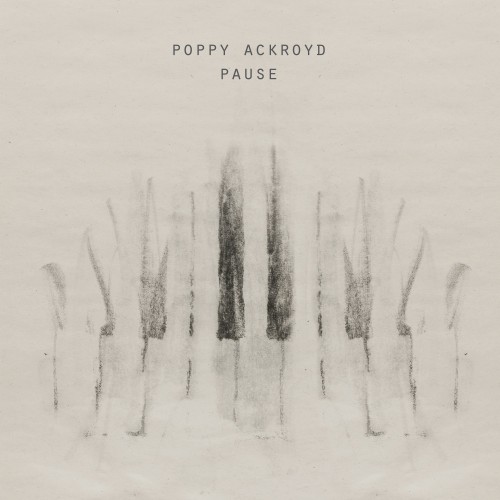 English Heretic is an on-going multimedia exploration of various occult threads of British lore — everything from the polished chrome dystopias of JG Ballard to pagan pageantry, all corn rigs and jigs. He draws in tendrils of Crowley‘s 93rd current, mixing with Patrick Keiller‘s situationism and Julian Cope‘s wide-eyed megalith worship.
English Heretic is an on-going multimedia exploration of various occult threads of British lore — everything from the polished chrome dystopias of JG Ballard to pagan pageantry, all corn rigs and jigs. He draws in tendrils of Crowley‘s 93rd current, mixing with Patrick Keiller‘s situationism and Julian Cope‘s wide-eyed megalith worship.
It is telling that a unifying thread of The Underworld Service is the alchemist Fulcanelli, tracing his footsteps from a church in London to a shoreline in Suffolk. Alchemy is all about boiling out the impurities and combining opposites until the pure essence of material is revealed. Similarly, English Heretic weaves the threads of many disparate traditions into one unlikely, bejewelled whole.
The land serves a vital component in all of English Heretic’s work. We wonder if he suspects that the land itself retains some remnants of these enlightened souls, these great works that have been undertaken on their soil; or if the land itself is the origin of epiphany, with sensitive souls responding. We suspect it’s a bit of both, a recursive cycle. In this way of seeing, objects may retain some charge from their history — say, a temple horn or sacrificial drum — that they keep some sort of mojo, maybe even magickal powers that might work on those same sensitives.
This is central to English Heretic, and is illustrated clearly on “The Alchemist Of Saltdean”, an interview with The Haunted Shoreline about the salt cliffs of East Sussex. You have to walk down a flight of hidden stone stairs in the cliff face to get down to the beach, cutting it off from the regular world, serving as a kind of initiation, a ritualistic descent. He talks of JA Baker, enigmatic author of the novel The Peregrine — and wild, windblown poetry, and of “geologic time”, that you can almost sense the ages that made the rocks in Baker’s writing. The description of this strangely isolated place on this record is like holding a stone from Sussex in your hand and feeling the weight of geology, awakening some primal memory.The Underworld Service is described as a katabasis, a ritual descent into the underworld. Repeated themes of descent, burial, things that happen underground occur during the course of the album. Subterranean objects seem to have an inherent association with the subconscious mind, about the buried and the suppressed. It brings to mind the degenerate cults of Lovecraft and their doings, which were often in unspeakable chambers underground. All of this shows an awakening of the id — which could account for the unprecedented interest in Cthulhu and his ilk in the last decade. We are digging it all up — the black fertile earth, as well as the shit and the blood.
The Underworld Service comes with a 40 page pamphlet as liner notes, to give you an idea of what kind of record this is, in which the heretic expounds on descent narratives in the early ’70s, the Greek horror of The Lotus Eaters and the under-appreciated The Asphyx, Charles Manson, Egyptology, Roman Polanski and funerary practices. English Heretic did a series of lectures around the time of the release to further elaborate on these concepts and share his considerable expertise. But if it were only a string of interesting connected ideas, a book would’ve served. Why weave this tapestry through with beats and guitars? This speaks to the nature of music itself and why what The English Heretic does is vital.Every time we listen to music, it is a ritual. We press play, some configuration of a triangle on its side, and our head is full of sounds. We are transported — somewhere else. An artificial reality occurs inside us, one where we connect and empathise with the creator. It is an open, susceptible state — a kind of head-nodding, heavy metal, beat-ific trance. Seeds are planted in the subconscious mind and blossom into flowers in yr actual life and mind.
Recorded sound is also particularly adept at layering media from different sources and eras. The Underworld Service takes recorded snippets from all over — academic lectures about zombies and Atlantis, snippets from the films mentioned, as well as site specific field recordings, and then laces them through a bedrock of muscular post-rock instrumentals and electronic excursions. This layering corresponds to the geological make-up of the places English Heretic is talking about, perhaps the closest medium to the land itself. It maintains a pulse-like, throbbing tempo throughout that seems to support the ritualistic theory. The guitar playing is a highlight, with a wide variety of tones that are melodic and catchy, like the slo-mo rockabilly waltz of “Peregrine”, which could be a Mazzy Star outtake, as well as emotive. It seems that English Heretic has quite strong feelings about the topics he researches as well.The Heretic himself describes his sounds as “Corpse Oriented Rock, Philosophical Stoner, Field Trip Hop, Horror Folk and Funereal Disco . Radio broadcast from Tartarus, no matter what station you tune into, where every song, news report and culture show reminds you of your own mortality and the hermetic ciphers embedded in pop culture. Music genre as a form of word play, honouring the cabalistic punning tradition of Fulcanelli.” With someone as eloquent as English Heretic it renders journalism kind of irrelevant, but then we’d be out of a job.
English Heretic is a depth psychologist of pop culture, going where angels fear to tread, gazing at everything. He seems to be critical of the ’60s sunshine daydream, which appears to have mutated into the baby boomer “we were the greatest generation.” Instead, hippy ideals were co-opted, and sold for seven figures while we slip further towards Armageddon. 1970 is when those cracks started to reveal themselves, and the darkness poured forth. But, at the same time, it seems like a time when science didn’t deign to think they knew everything. When folk customs were regaining popularity and heritage began to be celebrated. Witches finally weren’t being burned. And, hell, there was a lot of good music. It’s like English Heretic is returning us to the scene of the crime, showing us a forensic glimpse of when it all went wrong. Showing us the fork in the road, and asking us to consider our path.The Underworld Service is a dense and richly rewarding work of black magick; an autopsy, an archaeological dig, a wander. A descent. Bonus points for references to obscure nature novels and The Asphyx, which more people should see. Tap into the leylines, and join the network now.
-J Simpson-



